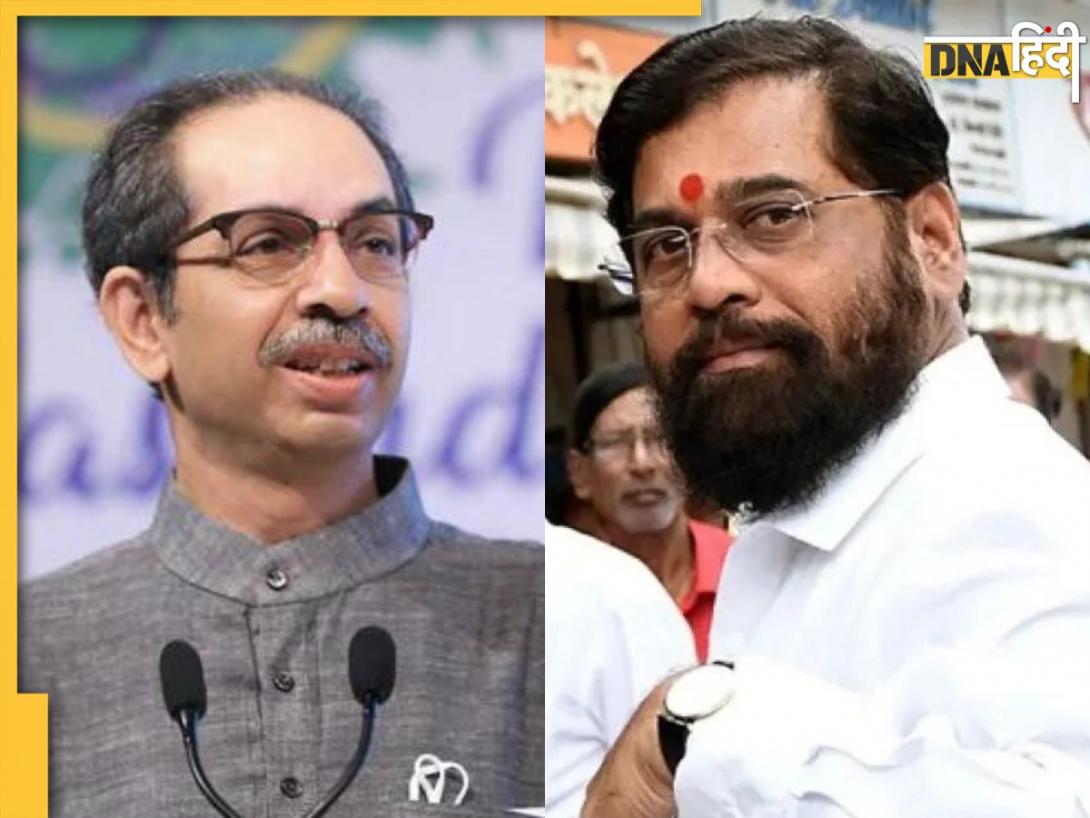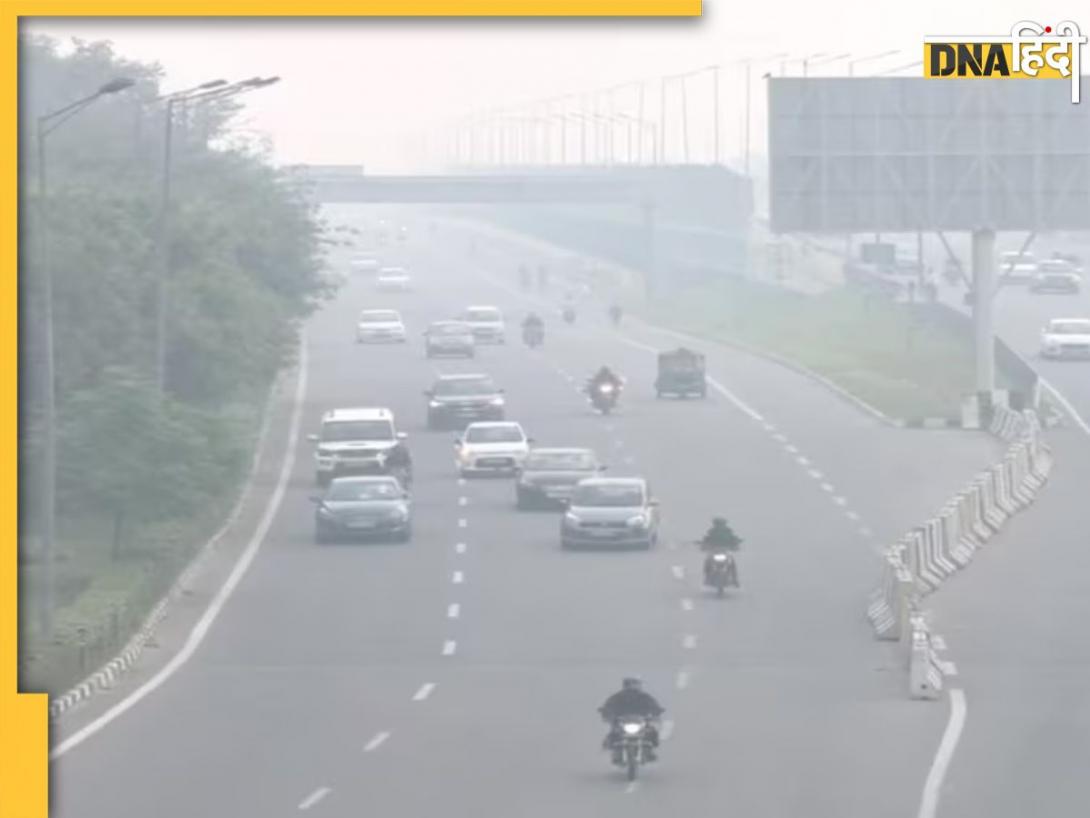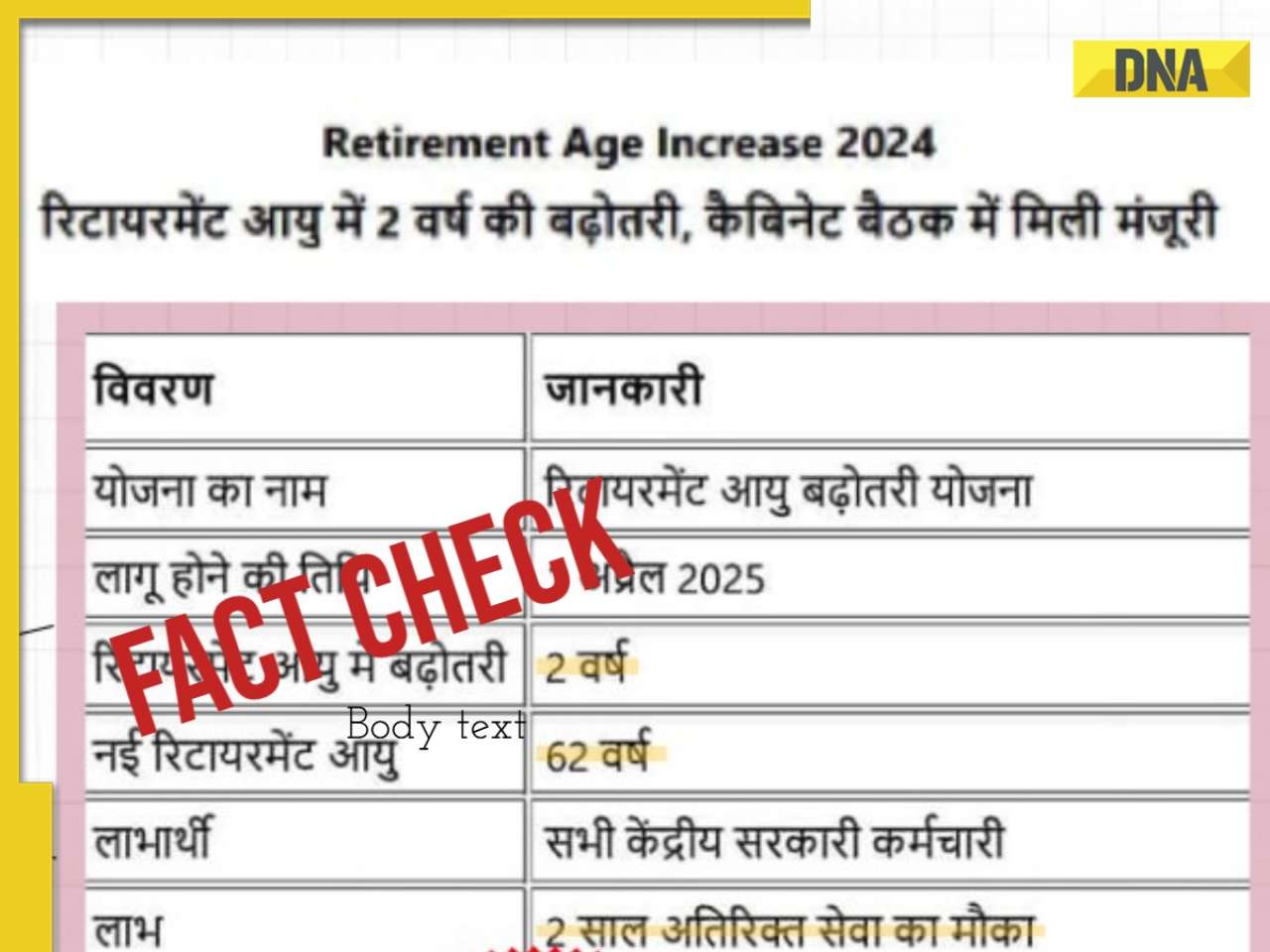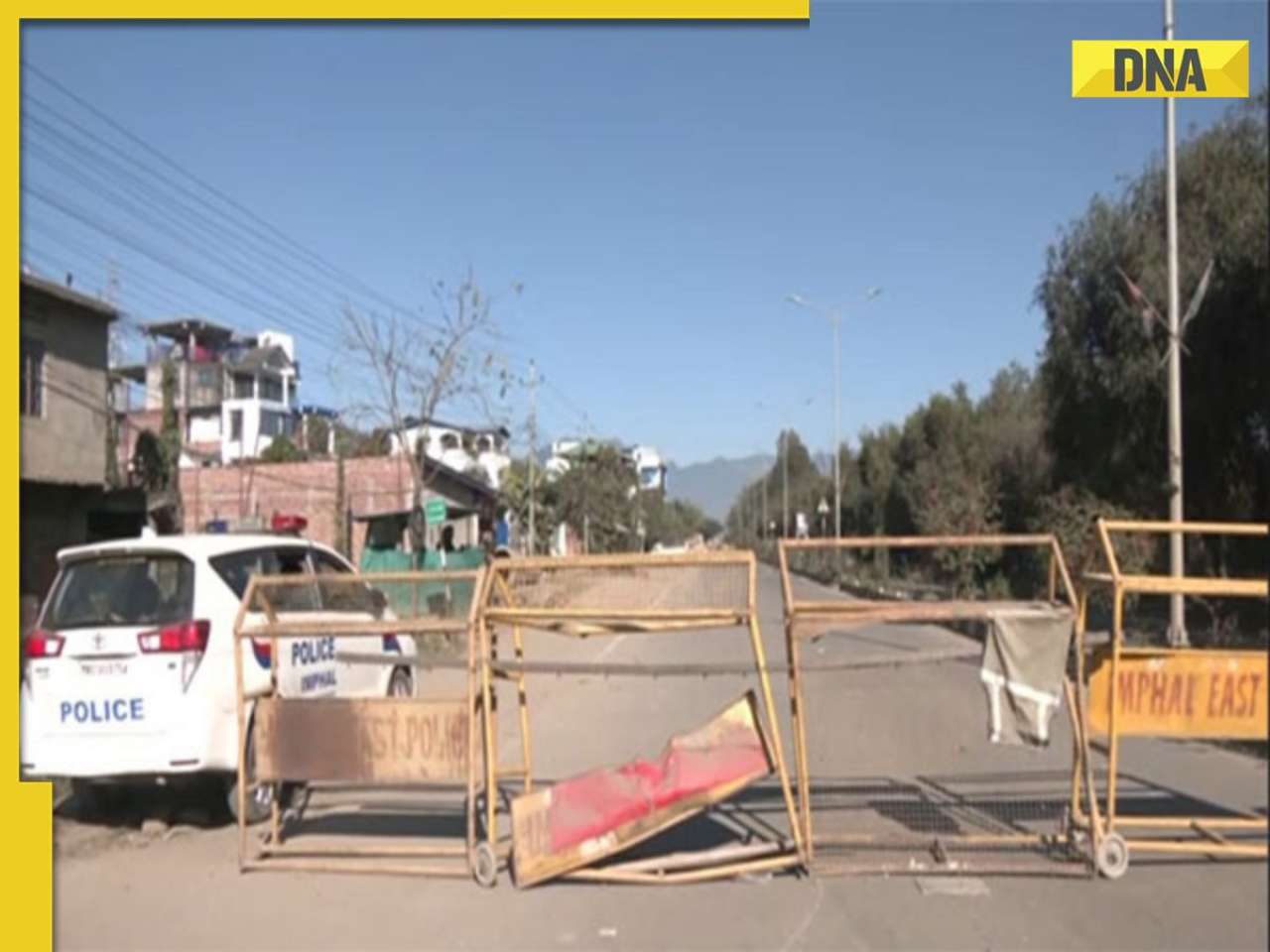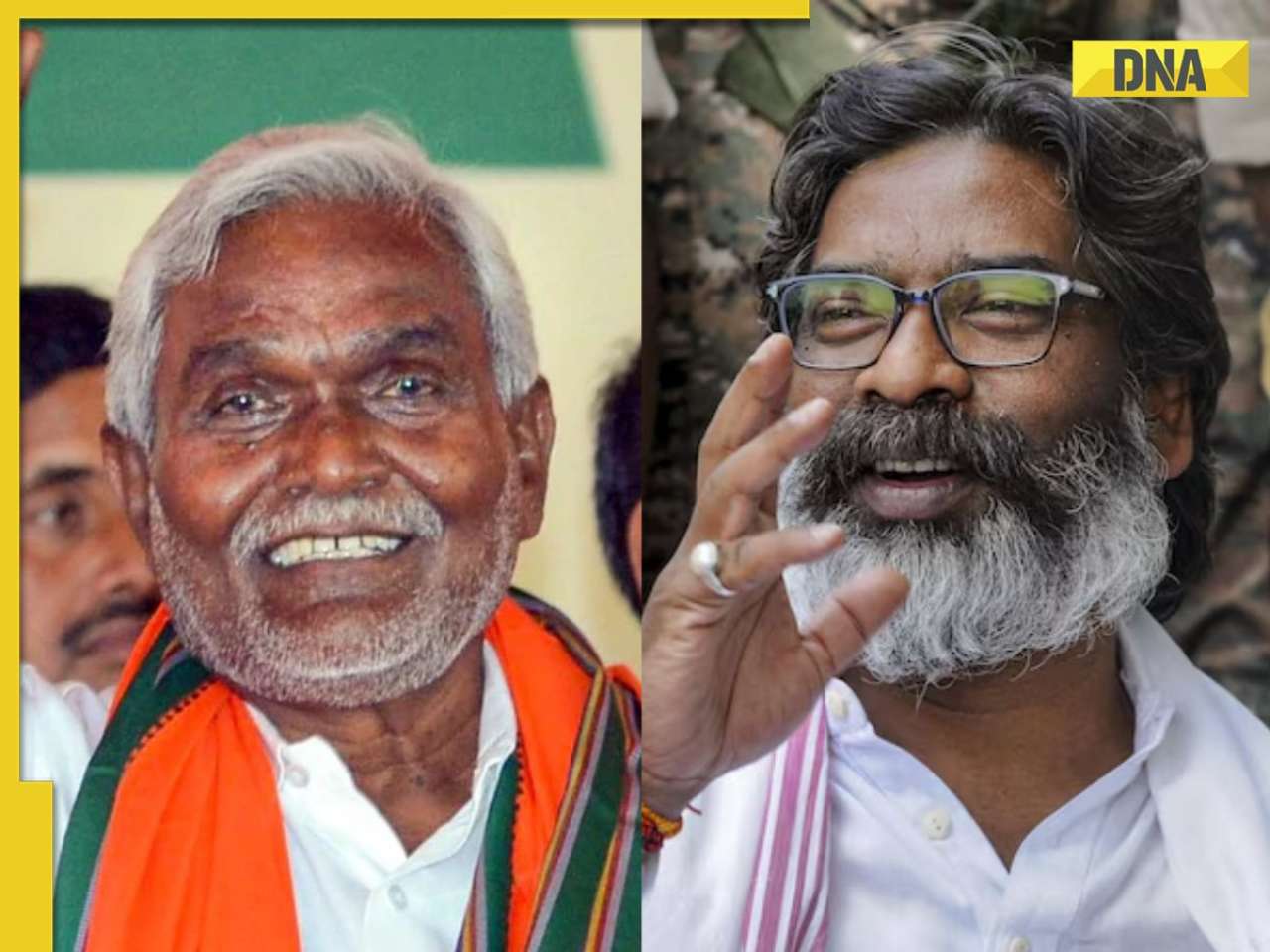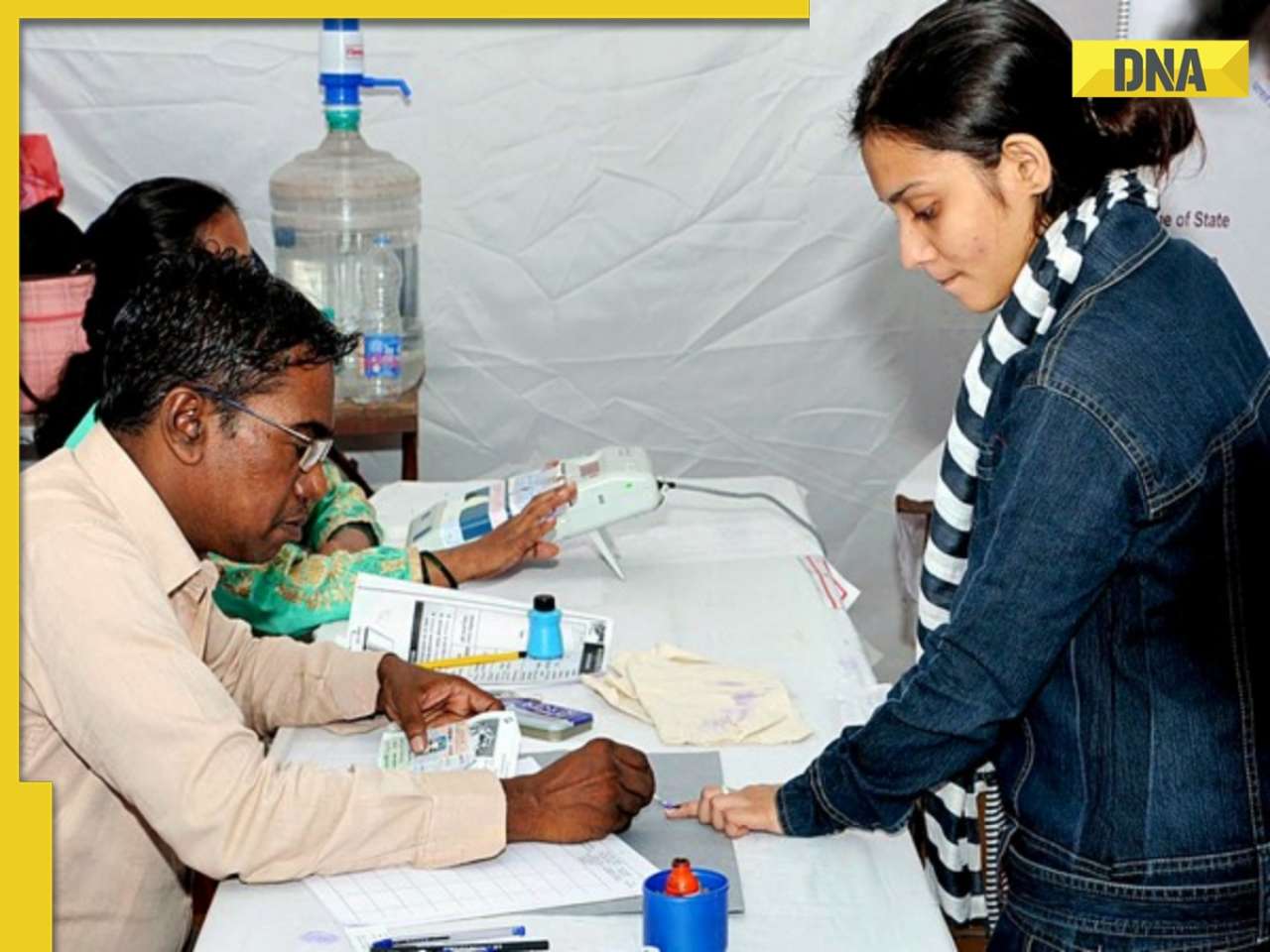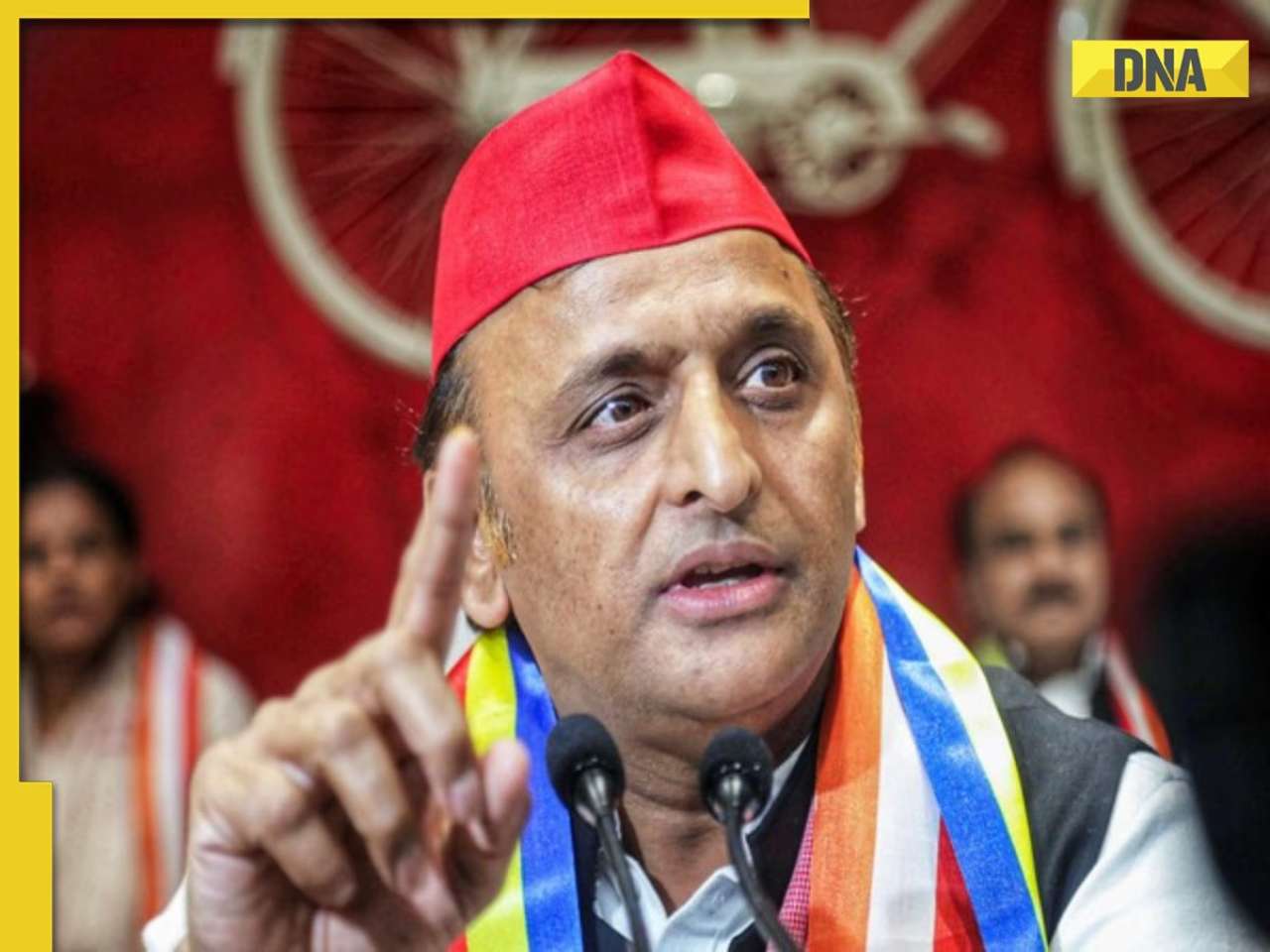- LATEST
- WEBSTORY
- TRENDING
ANALYSIS
Bangladesh: BNP-Jamaat alliance poses danger to India's security
There are strong indications that the Pakistani intelligence agency, the ISI, secretly helped create, and encourage, anti-government protests in Bangladesh, supporting efforts to remove Hasina from power.
TRENDING NOW
Bangladesh Prime Minister Sheikh Hasina resigned on Monday and left the country to ensure her safety. After her departure, social media in Pakistan was filled with celebrations over the collapse of a democratic government friendly to India. This scenario followed widespread violence in Bangladesh, where riots led to social unrest and resulted in the deaths of more than 300 people.
There are strong indications that the Pakistani intelligence agency, the ISI, secretly helped create, and encourage, anti-government protests in Bangladesh, supporting efforts to remove Hasina from power. Another key group involved in the campaign to remove Hasina was the ultra-Islamist group, the Jamaat-e-Islami.
The Bangladesh government had officially banned the Jamaat-e-Islami, a radical group that seeks to implement Sharia law, and its student wing, the Chhatra Shibir, labelling them “terrorist organizations” under Section 18/1 of the Anti-Terrorism Act of 2009. The Supreme Court also banned the Jamaat from participating in elections.
The ISI actively stirred up violent protests to increase political tension and instability in Bangladesh. Along with the ISI, the main Opposition party, the Bangladesh Nationalist Party (BNP), and other important groups also worked to undermine democracy in the country. With Hasina potentially out of power, both the BNP and Jamaat were looking to take control of Dhaka.
Here is how the ISI carried out the campaign to remove Hasina and how key players worked together to orchestrate this effort for a regime change in Bangladesh. Businessman-turned-politician Tarique Rahman, eldest son of former President Ziaur Rahman and former Prime Minister Khaleda Zia, and chairman of the BNP, has led the party since February 2018.
He has a criminal record and has received life sentences for planning grenade attacks against Hasina. In 2013, a Dhaka court cleared him in a money laundering case. But, when the government appealed, the high court sentenced him to seven years in prison. In February 2018, Rahman was sentenced to 10 years in prison in the Zia Orphanage Trust corruption case, while his mother received a five-year sentence.
On October 21, 2018, a special court slapped a life term on Rahman for masterminding a deadly grenade attack on Hasina’s rally on August 21, 2004. He has received three life sentences and 20 years in prison in two murder cases and violations of the Explosives Act. On February 4, 2021, another Bangladeshi court sentenced him to two years in prison for insulting comments on Bangladesh’s founder, ‘Bangabandhu’ Sheikh Mujibur Rahman.
In another case related to unpaid debts, a court fined him 10,000 takas in Bangladeshi currency (about $120) and sentenced him to six months in prison. In August 2023, Rahman was given a nine-year prison sentence, while his wife received three years following their trial held in absentia for accumulating wealth exceeding their disclosed income.
The Bangladeshi media alleged that he made plans to topple the Hasina government with the Pakistani ISI from London. Bangladeshi officials had previously stated they had evidence of him meeting ISI officials in Saudi Arabia, suggesting that the ISI was actively involved with the BNP leader. He also used his social media accounts to encourage social unrest and provoke protesters, even after the Supreme Court had accepted their main demands. This suggested that there was a hidden agenda behind these covert activities.
The BNP has had a troubled relationship with India, claiming that India interferes in Bangladesh’s politics. They believe Hasina has been winning elections with help from India. The BNP, as the main Opposition party, boycotted the general elections in January. After Hasina was re-elected, the BNP launched an ‘India Out’ campaign similar to the one started by Mohamed Muizzu in the Maldives. This campaign encouraged people to boycott Indian goods and aimed to challenge Hasina’s government while appealing to such hardline groups as the Jamaat and Hefazat-e-Islam.
The Jamaat-e-Islami
The main radical Islamist group, the Jamaat-e-Islami, is based in Pakistan, where it operates as an Islamist political party. It is considered the successor to Jamaat-e-Islami, which was founded in colonial India in 1941. It was founded by Sayyid Abul A’la Maududi in Lahore and, shortly after Partition, it separated into two factions—the Jamaat-e-Islami (Hind) and the Jamaat-e-Islami (Pakistan).
Sayyid Maududi was said to have been inspired by the Muslim Brotherhood—an Islamic organization founded in Egypt in 1928 by Hassan al-Banna to promote Islamic values and principles in society and politics—with the goal of spreading Islam and gaining control over the world in the name of Islam.
The Bangladeshi government’s decision to classify the Jamaat and Chhatra Shibir ‘terrorist organizations’ was made through a gazette notification under the Anti-Terrorism Act of 2009. The Chhatra Shibir, with the Pak ISI’s support, sparked violence under the guise of student protests. It is well known that Pakistan’s army and the ISI have always aimed to weaken the Hasina government. They wanted the Opposition BNP to regain power through protests and street violence.
The Bangladeshi branch of the Jamaat was crucial in creating auxiliary forces for the Pakistani army, such as the Razakar, Al-Badr, Al-Shams and the Peace Committee. These groups were involved in committing serious crimes against Bengali freedom-fighters, particularly targeting Hindus. Hundreds of thousands of Hindu men, women and children were killed by the Jamaat and its forces, and thousands of Hindu girls and women were raped during this time. A few years ago, international crimes tribunals in Bangladesh stated that the Jamaat played an active role alongside the Pakistani forces during Bangladesh’s 1971 War of Independence.
It is a matter of great concern that the Jamaat is not just active in Bangladesh, but is also believed to be a branch of the main Jamaat-e-Islami in Pakistan, which has connections with other banned terrorist organizations. It is also active in many countries around the world, including India, Europe, the UK and the US. This dangerous Islamist group has been present in Europe since the 1960s and has a significant presence in the US, as well.
What Happens Now?
The social unrest and total collapse of democracy in Bangladesh could lead to a humanitarian crisis at the Indian border. The rise of radicalism in the region, especially with banned groups like the Jamaat gaining influence, raises security concerns for India. The Jamaat is banned in India and Russia. India banned the Jamaat in February 2019 after the terror attack in Pulwama, which resulted in the deaths of 40 paramilitary CRPF members.
(The author of this article is a Defence, Aerospace & Political Analyst based in Bengaluru. He is also Director of ADD Engineering Components, India, Pvt. Ltd, a subsidiary of ADD Engineering GmbH, Germany. You can reach him at: girishlinganna@gmail.com)







)
)
)
)
)
)
)
)
)
)
)
)
)
)
)
)

































